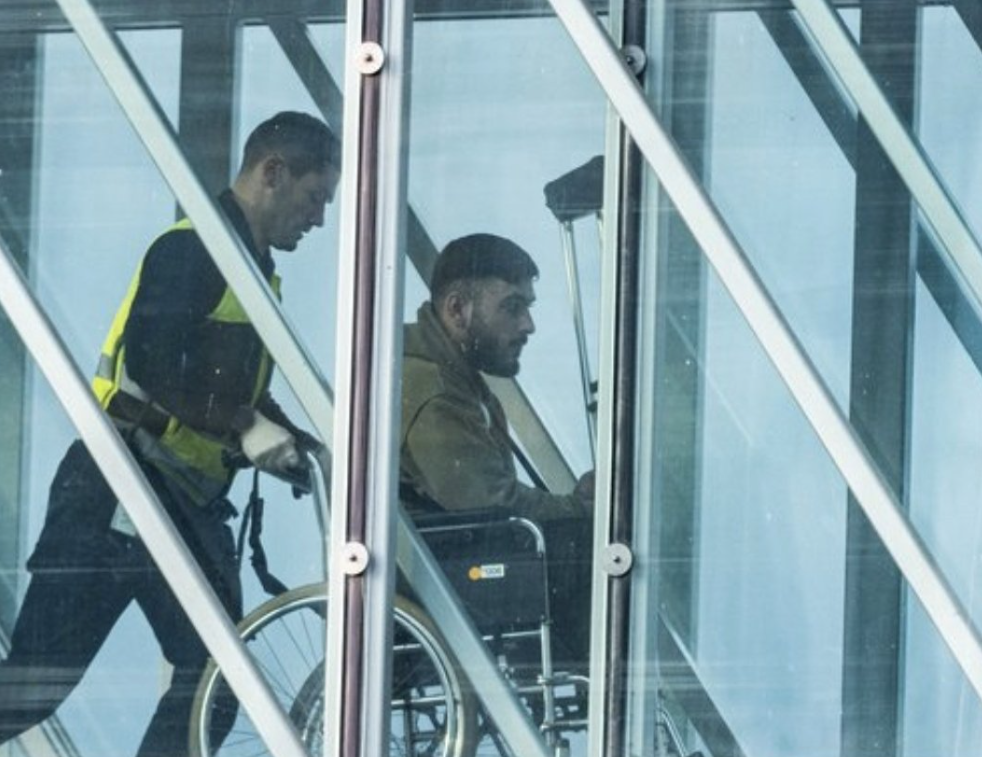Helping children, adolescents, and the elderly coming from war zones is noble and necessary, as it offers them hope and a chance for a better life. However, it is unacceptable for the media to manipulate information in order to arouse the emotions of readers and to ‘help’ the government score political points, as has happened in the recent case of reporting on the rehabilitation of wounded people from Gaza.
The national media outlet Radio-Television Slovenia and other media reported that ten seriously injured children from Gaza had arrived in Slovenia, but in fact, there were also adults among them. By definition, a child is a boy or a girl up to the onset of puberty, but the media omitted this because they wanted to present a more dramatic picture.
The youngest of them, who is actually four years old, was highlighted, while the media avoided revealing the ages of the other participants, which creates a false picture of the real situation. Such reporting creates the impression that this is a group of very young children, which further potentiates the public’s emotional response.
Manipulation for political points
This kind of manipulation to influence readers emotionally and score political points is reprehensible. Especially as it is also further evidence of the fusion between the media and the government, as confirmed by Prime Minister Robert Golob‘s statement. Namely, on the social network X, he wished the “children” from Gaza a successful recovery: “I would like to warmly welcome the group of children from Gaza who have arrived in Slovenia today for rehabilitation. I wish them a successful recovery and a pleasant stay with us, far away from the horrors they experienced in their homeland.”
And while the government is providing financial assistance to vulnerable groups from abroad (they will receive full medical and psycho-social care), the question is how it is taking care of Slovenian children and their needs. The rehabilitation project for injured Palestinian children is financed by the Ministry of Foreign and European Affairs in cooperation with the Slovenian Karitas charitable organisation and the Danilo Türk Foundation. It is important to help people in need, but we should not forget about the children at home who also need support and treatment.
Treatment for Slovenian children would be paid for by the Brazilian government, not the Slovenian government
Slovenia is currently facing many challenges regarding the financing of treatment for domestic children with rare diseases. Urban, a Slovenian boy with a genetic disease, is one of many cases where the state does not provide sufficient support. His family is trying to raise funds for treatment, and have even been offered help from the Brazilian government to conduct a clinical study, but so far, the Slovenian government has not supported these efforts.
In the end, it is essential to help people in need, but this help must be transparent and fair, without manipulating the facts and exploiting the public’s emotions. The media, however, often fail to do this, preferring instead to support political interests by creating false facts on the backs of those who suffer the most.
Sara Kovač


